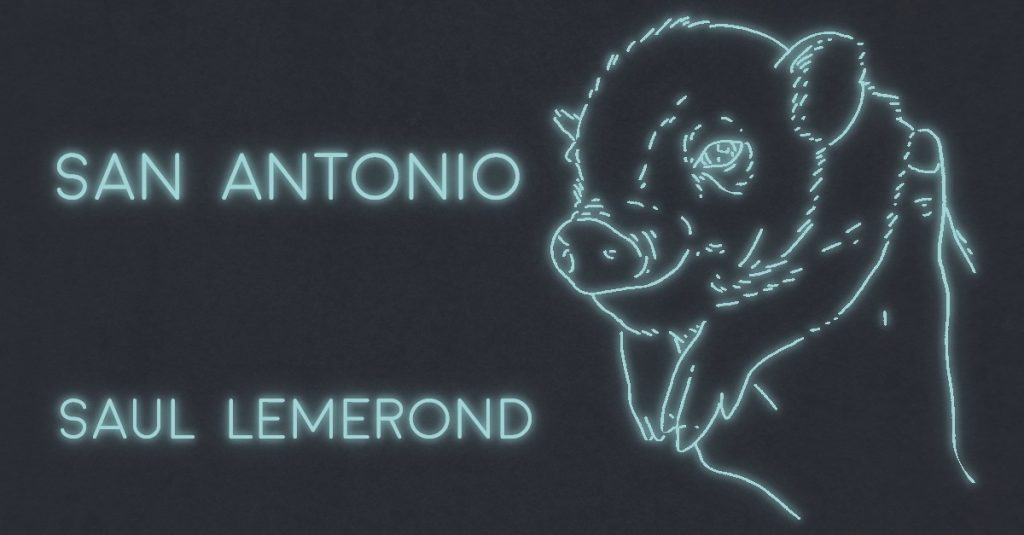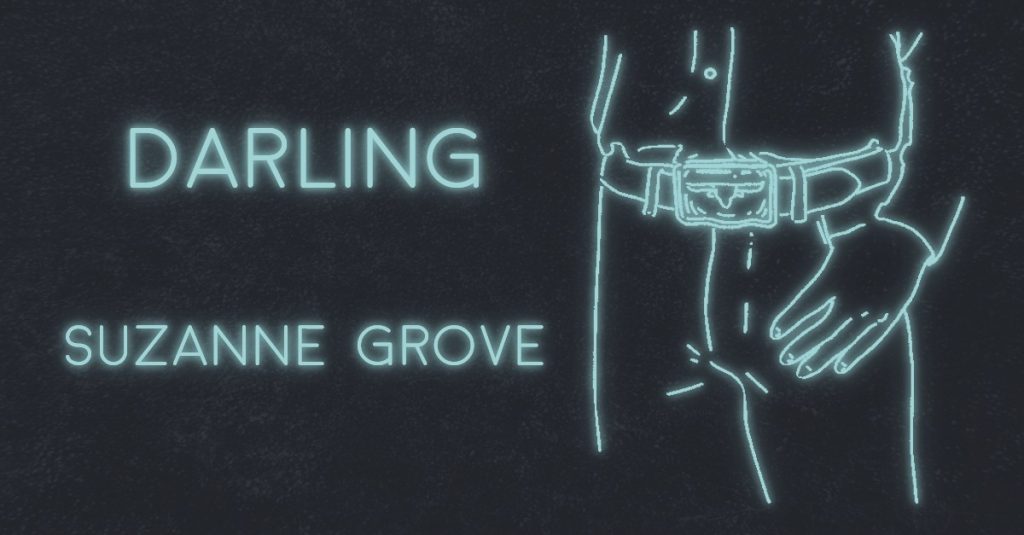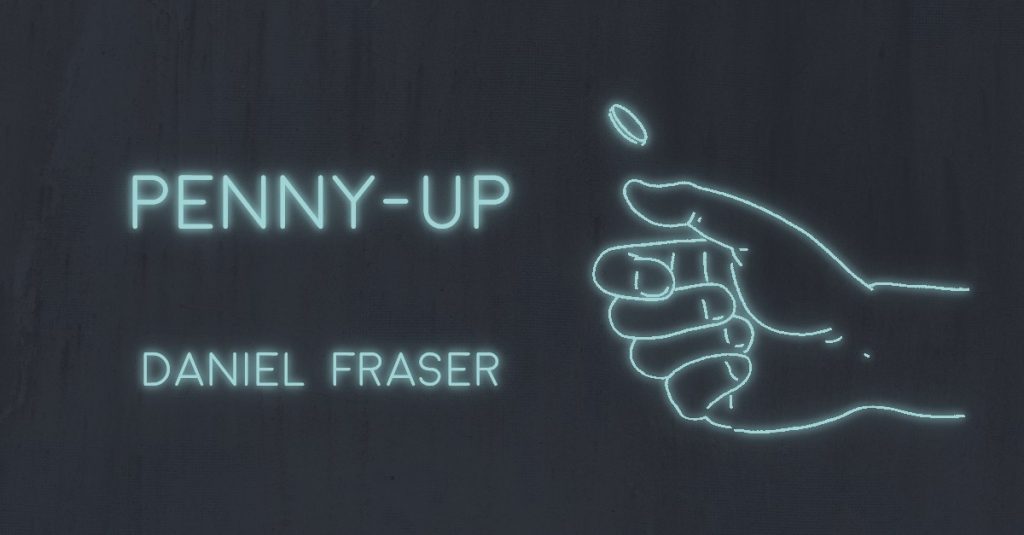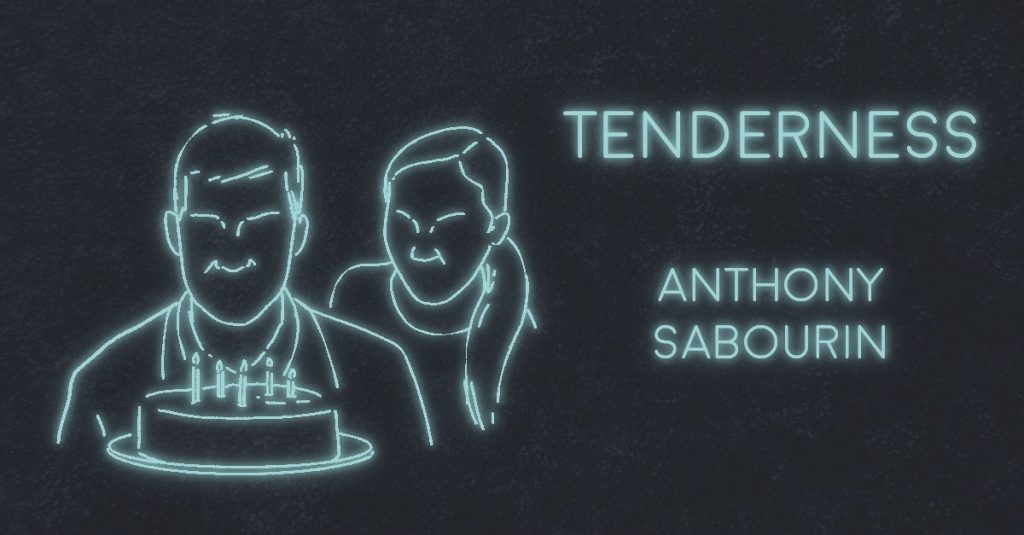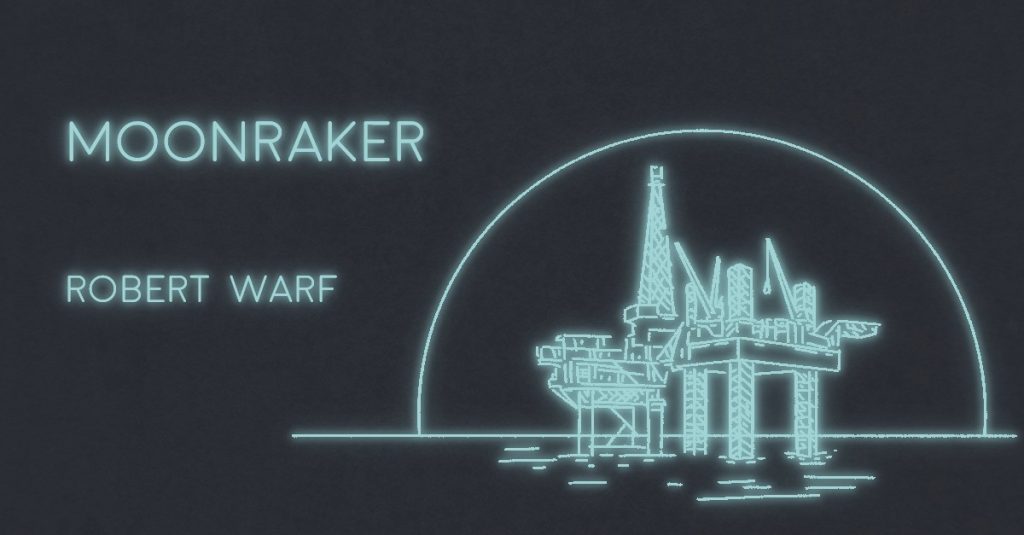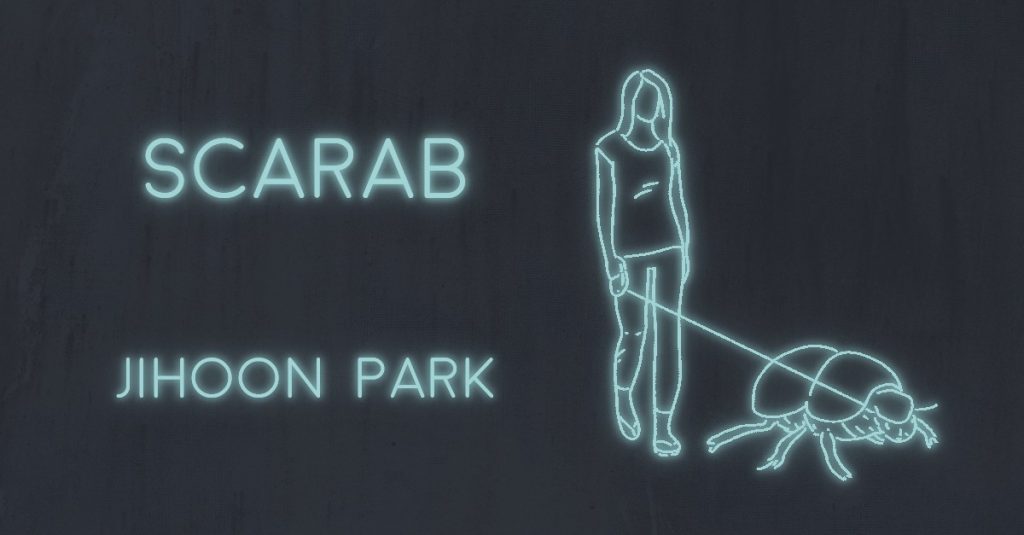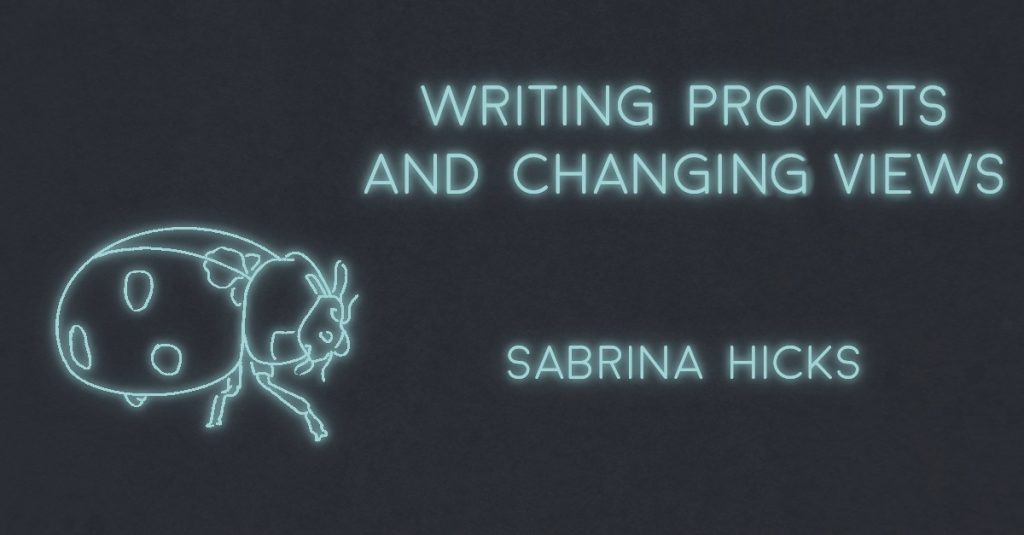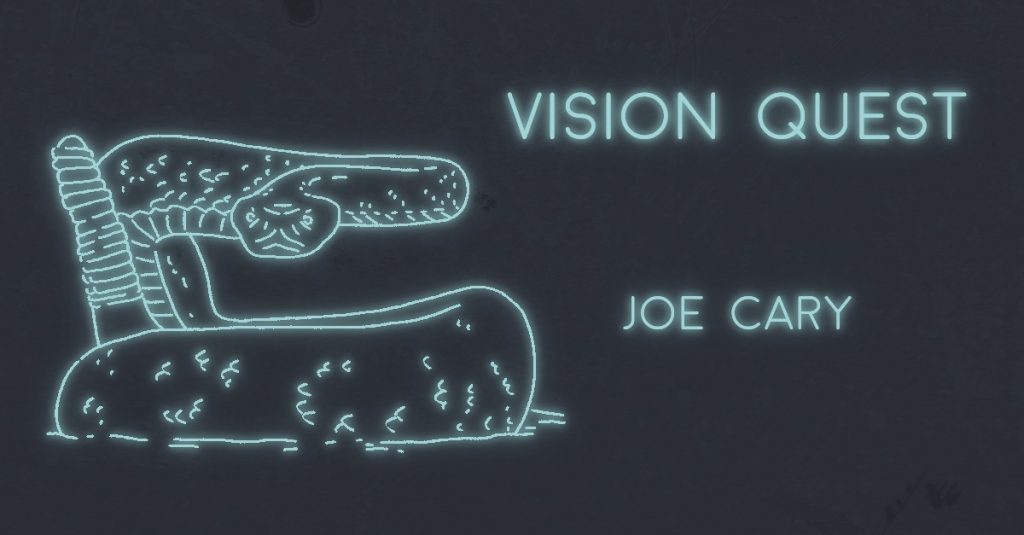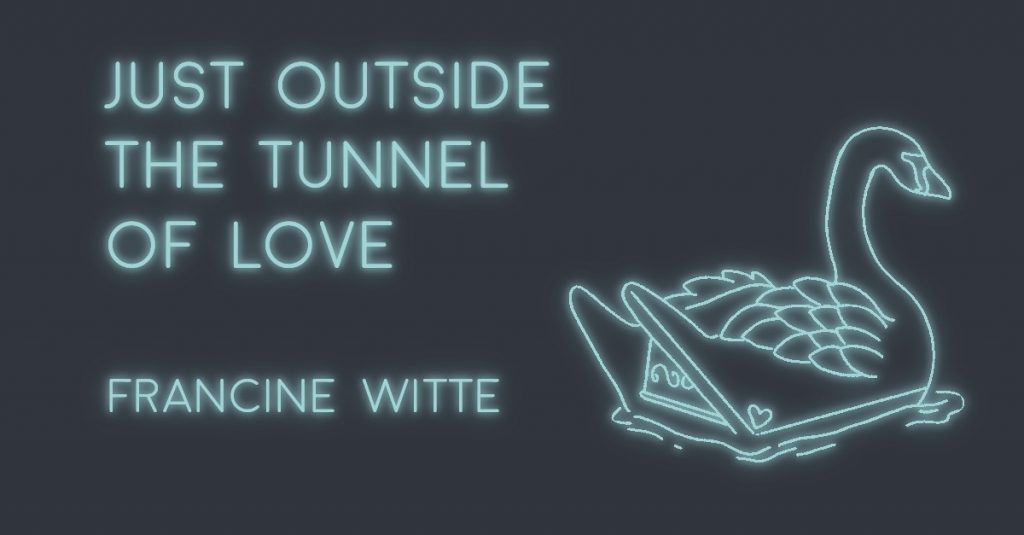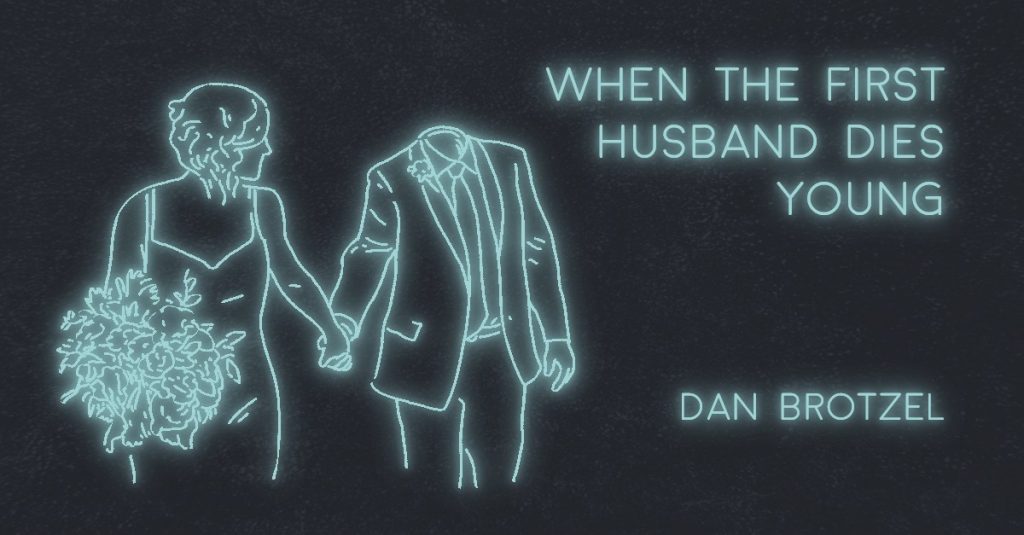
WHEN THE FIRST HUSBAND DIES YOUNG by Dan Brotzel
When your first husband dies young, you feel shock, you feel sick. You hurt, you bruise, you ache, you sting. You feel nothing at all but also everything, way too much. Reality has been swept from under you. There’s a big hole, a gap, where your life should be. Nothing makes sense. You’re trapped in a nightmare that can’t possibly be yours. Everything is panic, anxiety. You keep running up against the hope that this is all an illusion, that soon you’ll be able to get your head round it, feel differently about it, send it away. You keep thinking…

